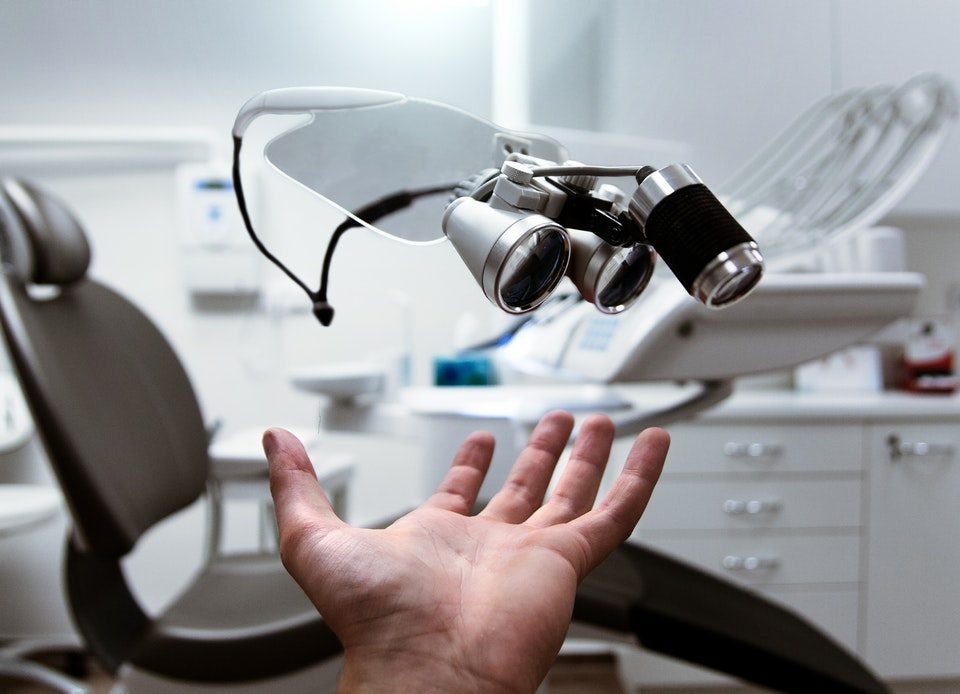
Early Signs of Cataracts to Be Aware Of
December 30, 2018
Is Smoking Bad for Your Vision?
January 7, 2019Many of our patients believe that failing eyesight just comes with age, however, the truth is that there is a lot you can do to prevent loss of vision as you grow older.
Studies have found that proper nutrition goes a long way in reducing your chances of age-related vision problems.
Certain foods are rich in the nutrients that our eyes need to stay healthy. Adding these foods into your regular diet can ensure that you have perfect vision for many years to come.
Here are ten eye-friendly foods to add to your diet today:
Beef: Beef is rich in zinc, which can be very useful to help your body fight off muscle deterioration due to age. Zinc is a vital nutrient in the body. In fact, your eye itself contains a fair amount of zinc within it, especially in the retina.
Carrots: We’ve all heard that carrots are great for your vision, but have you ever wondered why? Carrots are packed with vitamin A and beta-carotene. Vitamin A is essential to the health of your eye. The proteins in this vitamin contribute to your retinas ability to absorb light.
Citrus: Citrus fruits like oranges, lemons and grapefruits are packed with vitamins C and E. Vitamin C is a powerful antioxidant that is known to ward off age-related eye damage.
Eggs: Eggs are very nutrient dense. A serving of eggs is a good source of lutein, zeaxanthin, vitamin C, vitamin E, and zinc! All of these are essential nutrients to your eye health.
Fish: Oily fish such as salmon and tuna are excellent sources of omega-3 fatty acids. Studies suggest that consuming these fatty fish can help you fight cases of dry eye the comes from spending house in front of a computer screen.
Greens: Leafy greens are rich in zeaxanthin, lutein, and vitamin C. These eye-friendly nutrients can help maintain the overall health of your vision as you age. Some of the most nutrient-dense leafy greens include spinach and kale.
Nuts & Beans: Just like fatty fish, nuts and legumes are also rich in omega-3 fatty acids. In addition, nuts tend to have high levels of vitamin E, which protects your eyes from premature aging. Walnuts, cashews, peanuts, and lentils are all excellent sources of these essential nutrients.
Seeds: If you’re not a huge fan of nuts or legumes, certain sees such as chia seeds, flax seeds, and hemp seeds are all excellent sources of omega-3’s and vitamin E. The great thing about these seeds is that they can be added to other foods such as smoothies or yogurt and are, for the most part, tasteless.
Sweet Potatoes: If you’re not a fan of carrots, sweet potatoes are also a great source of beta-carotene. Beta-carotene is necessary for your body to produce vitamin A. In addition, sweet potatoes also contain vitamin E, a powerful antioxidant that can help combat eye damage due to age.
Water: Dehydration is bad for your overall wellbeing but can be especially damaging to your vision. Your eyes rely on lubrication to function properly. When you’re dehydrated, you may not be able to produce the amount of tears necessary for your eye to properly lubricate itself. So, drink up!




